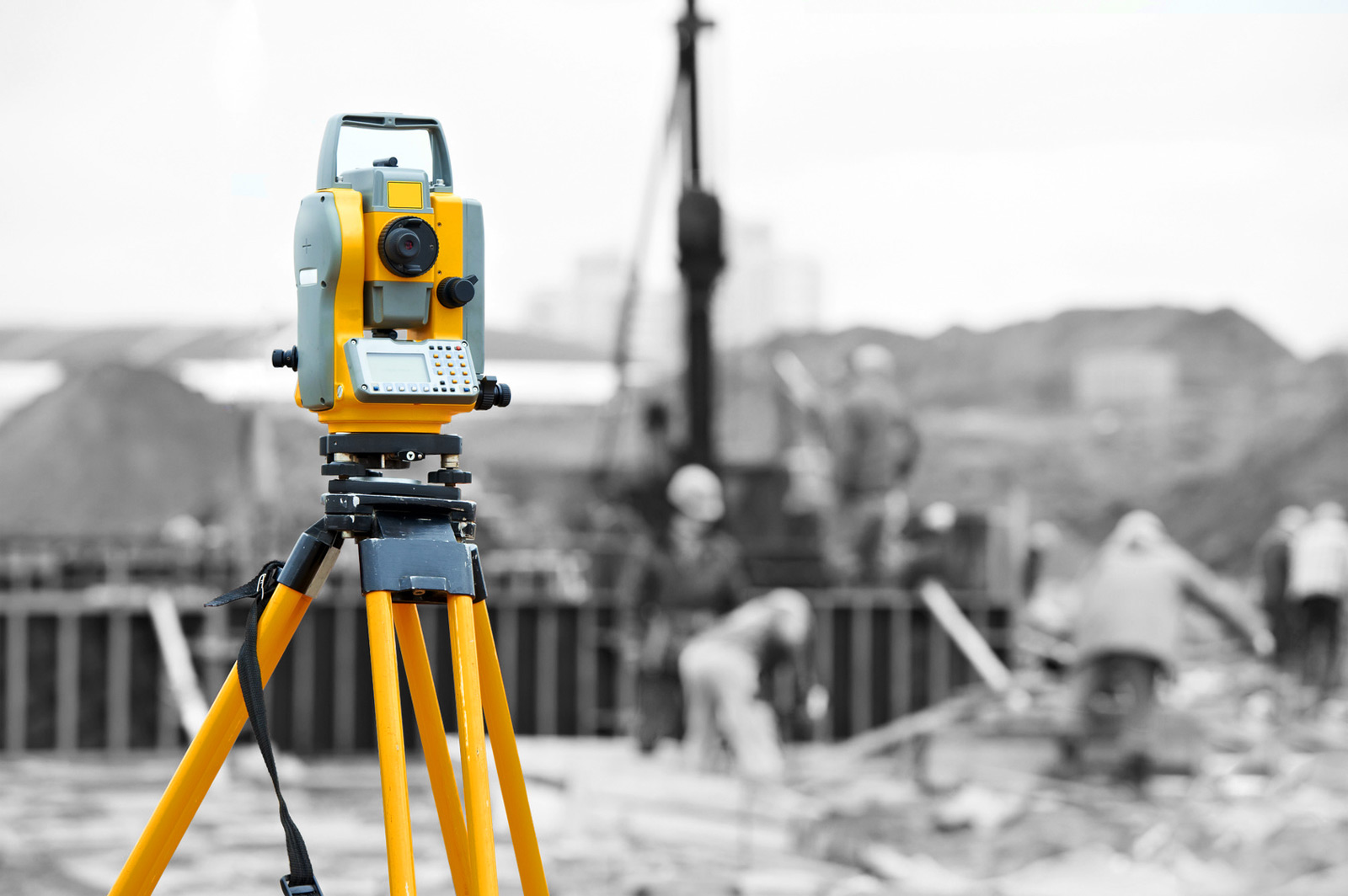Across Boundaries: Exploring Creative Survey Methods

This environment of land development and property management is constantly evolving, and with it, the instruments and methods used in land surveying are developing as well. Land surveying plays a critical role in numerous aspects of property, construction, and land use planning, ensuring that projects progress efficiently and legally. As technology advances, licensed surveyors are now equipped with innovative tools such as Global Positioning System and unmanned aerial vehicles, transforming the way land is surveyed and enhancing precision and effectiveness.
In this article, we will delve into the different surveying techniques that are shaping the industry and explore the importance of hiring a skilled professional. From comprehending boundary surveys that avoid property disputes to appreciating the value of topographic surveys in building, we will cover essential topics that highlight why surveying is indispensable for developers, property owners, and various others involved in land transactions. Whether Take a look at the site here are considering buying property or are a contractor embarking on a new project, this manual will offer valuable insights into what to expect during a land survey and the many advantages these services provide in today’s complicated real estate landscape.
Significance of Hiring Certified Surveyors
When it comes to real estate dealings or building projects, hiring a professional surveyor is essential. Professional surveyors have the skills, experience, and certification required to conduct accurate measurements and provide detailed assessments of a property. Their understanding of land laws, boundaries, and zoning regulations guarantees that all surveys are in compliance and valid, which helps mitigate issues down the line.
One significant benefit of hiring a certified surveyor is the precision they provide to property lines. Disputes regarding property lines can lead to expensive disputes between neighbors or issues during real estate transactions. A certified surveyor employs cutting-edge technology and techniques to clearly delineate property lines, providing an official record that can be vital in settling disputes should they arise.
Moreover, engaging a professional surveyor can help save time and money in the future. By accurately identifying potential issues before beginning a construction project or land purchase, surveyors can help avoid unexpected costs associated with court cases or necessary changes. Their detailed pre-assessments result to more efficient transactions and favorable project outcomes, making them an indispensable partner in any property or development endeavor. ### Comprehending Different Categories of Land Surveys
Property surveys are important resources that serve various purposes in land transactions, alongside development. Every type of survey provides specific information and is designed to address particular needs. Among the most common types are boundary delineation surveys, which determine the exact lines that define property ownership and are crucial in mitigating disputes. Terrain surveys, on the other hand, analyze the terrain and elevation of a site, providing vital information for planning development and landscaping.

ALTA/NSPS surveys, which adhere to standards set by the American Land Title Association and the NSPS, are thorough surveys often demanded in business real estate transactions. These surveys integrate boundary, topographic, and other data, ensuring comprehensive details of a property are thoroughly examined. Floodplain surveys assess the potential flood risks in a specific area, identifying the elevation of property in relation to the floodplain. This information is essential for property owners and developers when designing their projects.
In addition to the aforementioned types, there are utility surveys that find underground utilities to ensure safety during construction, and access surveys that define the official rights of passage over another’s property. Comprehending the various categories of land surveys accessible helps property owners and developers navigate choices and choose the appropriate survey to fulfill their individual needs. All survey type contributes in promoting clarity, compliance, and successful project execution in the landscape of land development.
Technology and Advancements in Land Surveying
The land surveying industry has experienced a significant transformation with the advent of cutting-edge technologies. Surveyors now use tools such as Global Positioning System, drones, and 3D imaging, improving both the precision and effectiveness of collecting data. These advancements allow for swift mapping of large areas, providing precise measurements that are vital in various surveying applications, from property development to ecological assessments. UAVs, in particular have transformed surveying by allowing aerial surveys that were previously labor-intensive and expensive, simplifying the process to capture some of the most difficult terrains.
Moreover, program advancements play a significant role in processing and analyzing the data collected by these advanced instruments. Modern surveyors use GIS to create detailed maps and models that help illustrate land use and topography. This merging of tech not only simplifies the land surveying process but also improves collaboration among construction stakeholders such as designers, architects, and builders, promoting a more efficient workflow and better-informed decisions.
The emphasis on tech in surveying is reflective of a larger trend towards progressive approaches in the building and real estate sectors. By adopting state-of-the-art surveying techniques, professionals can not just ensure compliance with standards but also optimize project outcomes. The transition towards digital surveying promises to enhance the accuracy of land measurements, protect property rights, and ultimately contribute to more sustainable land use planning.
